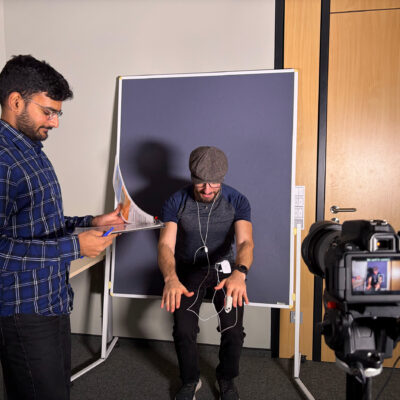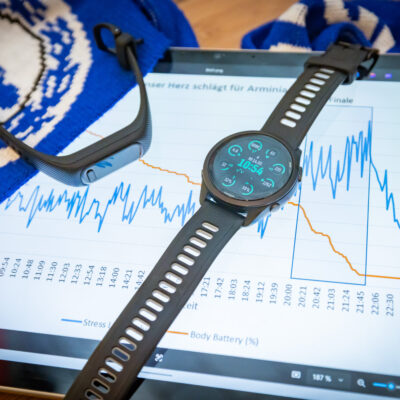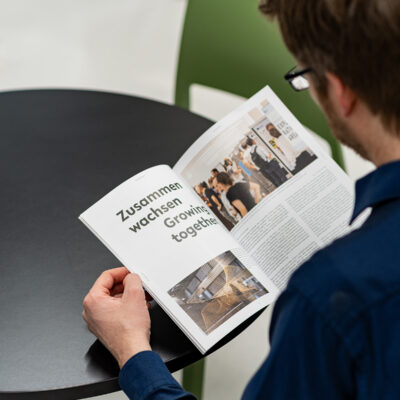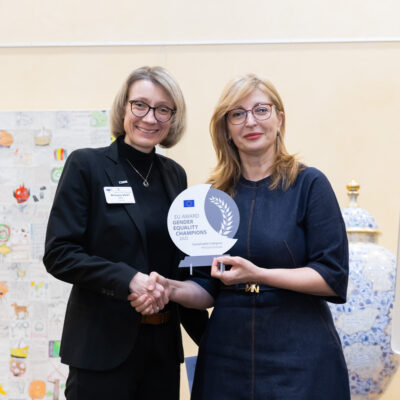On 22 March 2020, Germany went into its first coronavirus lockdown. Four years later, epidemiologist Professor Alexander Krämer, MD, looks back on the pandemic. During lockdown, he helped to provide a dashboard presenting data analyses on the spread of Covid-19 that was updated every day. He has co-edited a book that presents and evaluates different country-specific approaches to combat the pandemic while taking socio-economic characteristics into account. In this interview, the former head of the Public Health Medicine Department and senior professor at Bielefeld University’s School of Public Health talks about the role of science and lessons learnt from the state of emergency.
When you look back on the coronavirus pandemic, what surprised you the most?
That we succeeded in developing effective vaccines within a single year. That wasn’t clear at the start, and it showed that research is extremely important. I found it remarkable that the pandemic was made up of many national epidemics. Its course differed from country to country, as did the measures. The need to increase awareness about these differences between the affected countries and their traditions of thought inspired me to write the book ‘Covid-19: Pandisziplinär und International [Covid-19: pan-disciplinary and international]’. We need to be aware of these differences if we want to combat pandemics. Or other threats: as I see it, the pandemic is a blueprint for dealing with climate change.
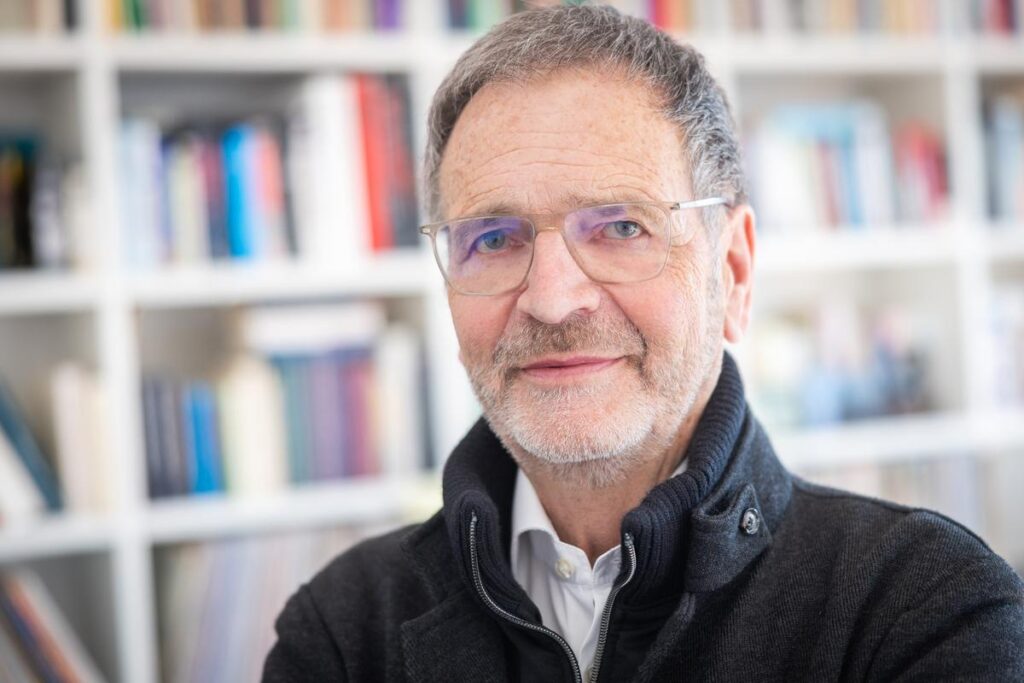
© Mike-Dennis Müller
What do you mean?
Our book can also be read as a blueprint for other global health problems, because climate change also poses different threats in different regions of the world. In each region, global strategies to combat climate change must be adapted to the different socio-political, cultural, and historical traditions of thought.
What made the coronavirus pandemic so unique?
This pandemic has shown how vulnerable the global North is to infectious diseases. Some health scientists had assumed that we were affected only by chronic, non-communicable diseases. Due to our demographics, with a large proportion of older people with many pre-existing health conditions, we now know that this was a misconception.
What can Germany learn from its experience with the pandemic?
Quite a lot. It’s not enough just to have pandemic plans in a drawer, you also have to be able to implement them. Procedures must be practised—both nationally and internationally. Synergies between the public health service, which includes the Robert Koch Institute – RKI –, and university scientists are helpful. The glaring shortage of nursing staff has become obvious, and something needs to be done there. The outdated technology still in use at the public health service, for example, was just inadequate. These experiences have given digitalization a boost.
And what can we learn from other countries?
Our epidemiological research still reveals substantial gaps compared to the UK, for example. These can be found in the areas of real-time data for monitoring, modelling, or molecular epidemiology. It is worth investing here. Previous experience with similar respiratory diseases such as SARS-CoV-1 or MERS also plays a role. Asia has decades of experience with infections that are transmitted via the respiratory tract—this is reflected in their effective prevention and control measures to counter SARS and influenza. In a report on non-pharmaceutical measures, the Royal Society in the UK found that strict lockdowns, FFP2 masks, and testing were very effective in the first phase of the pandemic. They gave us time to study the virus and develop a vaccine. To my surprise, however, the preventive effect of air filters and ventilation could not be proven, which is probably due to the weakness of the respective studies. One interesting side effect is that hand sanitization has led to fewer gastrointestinal infections in restaurants. The strong reduction in other respiratory infections thanks to social distancing and masks is also worth noting. Later, when less pathogenic but more rapidly spreading variants of the virus prevailed, school closures should have no longer been an option. The collateral damage for pupils and students was shown to be high. Indeed, when adopting tough measures such as lockdowns, psychological and economic effects must be taken into account. Nonetheless, when comparing Germany with other countries, we must also consider such factors as the differences in the interplay of measures, the willingness of the population to comply with them, and the variations in socio-economic and cultural conditions of different countries and their healthcare systems.
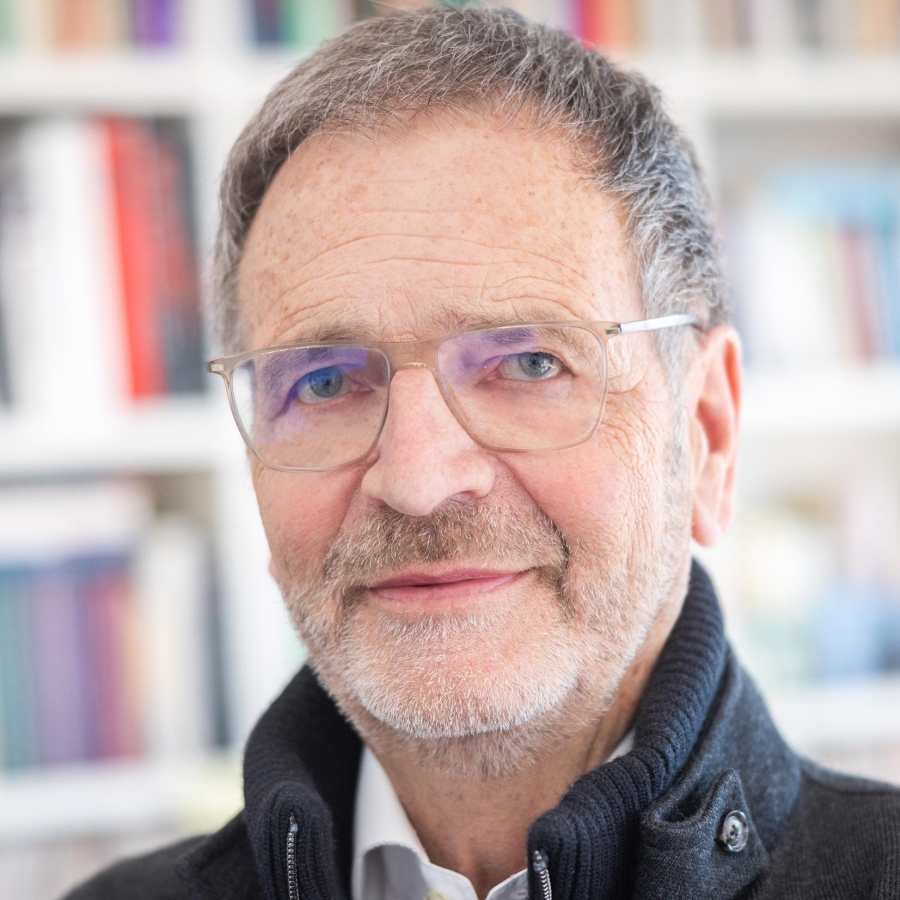
© Mike-Dennis Müller
So, it’s always about social characteristics.
Absolutely. The role of data protection, for example, is culturally determined. In Germany, it is valued very highly for historical reasons and its dominance makes epidemiological studies more difficult because of the often near impossibility of complying with all its demands. Things are different in Anglo-Saxon countries and the Far East. South Korea never imposed a strict lockdown. They brought the infection under control with apps and tracing.
In Germany, there has been a lot of discussion about the pros and cons of the lockdown. Did communication about the pandemic fail?
With hindsight, people like to voice the criticism that even the first lockdown imposed in March 2020 was unnecessary. I think such a crude and undifferentiated criticism is wrong, because the RKI and other scientific teams communicated a lot of information and they did this in a meaningful way. Unfortunately, self-appointed experts were also invited to many talk shows, and this tended to create confusion. Communicating uncertainties, probabilities, and risks is a major challenge. There is a need for designated experts with experience and knowledge to prevent misinformation and false information as well as deliberate manipulation.
Has the pandemic changed the role of science?
The importance of science for our lives has become very clear. It is when there is no certainty or when scientists argue and come to completely different conclusions that things become difficult. This then provides fuel to the views of notorious sceptics such as coronavirus deniers or anti-vaccination activists. In Germany, Austria, and Switzerland, there is a pronounced scepticism towards modern science based on cultural characteristics. It would be naïve to believe that such hardliners can be convinced by scientific arguments. Overall, however, the acceptance of scientific methods has improved in the non-scientific public.

